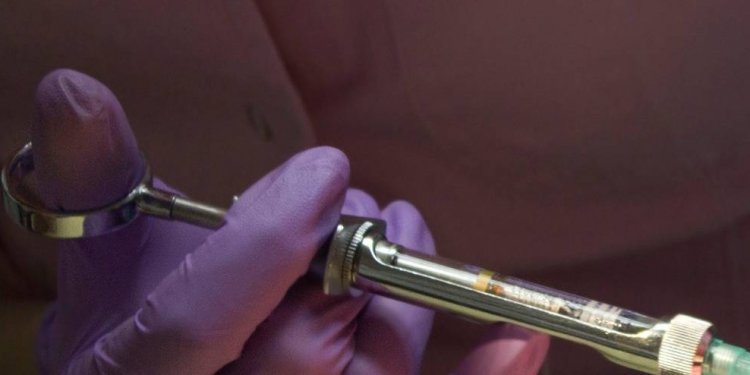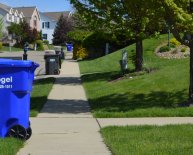November 15, 2021

Sharp Waste Disposal
- Infectious waste must be disposed of in a carefully controlled manner in accordance with regulations administered by both the Oregon DEQ and the Health Department.
- Infectious waste has been defined to include biological waste, cultures and stocks, pathological waste, and sharps.
- Infectious wastes must either be incinerated or treated prior to disposal.
- The term infectious waste is synonymous with biohazard; it does NOT include chemical agents, such as carcinogens, which affect living organisms through chemical means.
Biological Waste
- Includes blood and blood products, excretions, exudates, secretions, suctionings and other body fluids that cannot be directly discarded into the municipal sewer system
- EXCLUDES articles contaminated with fully absorbed or dried blood.
- Biological waste must either be incinerated or sterilized with steam in a dedicated autoclave.
- After treatment, biological waste may be treated as normal refuse.
Cultures & Stocks
- Include etiologic agents and associated biologicals, including specimen cultures and dishes and devices used to transfer, inoculate and mix cultures.
- Includes wastes from the production of biologicals, serums, and discarded live or attenuated vaccines.
- Cultures and stocks must be treated in the same way as biological waste.
Pathological Waste
- Includes biopsy materials, all human tissues, and anatomical parts from surgery and other procedures.
- Includes carcasses and bedding from animals exposed to pathogens in research, but does NOT include teeth or preservative agents such as formaldehyde.
- Pathological waste must be incinerated.
Sharps
- Includes needles, scalpel blades, lancets and ALL syringes that have been removed from their original sterile containers, even if the syringe has never had a needle on it.
- Sharps must be collected in hard sided sharps containers and incinerated. Sharps containers can be purchased at Chem Stores in Gilbert Hall.
- The definition DOES NOT exempt needles or syringes used for non-infectious materials, such as transferring chemical solutions.
- Broken glass is not considered sharps.
DISPOSAL
- Wastes which must incinerated must be collected and taken to a DEQ-permitted infectious waste incinerator.
- Wastes which may be disposed in the ordinary trash should be clearly marked "NON-INFECTIOUS" or "STERILE" and put inside outer packaging which is NOT red or orange in color.
- AUTOCLAVES used for infectious waste treatment must be designated and tested.
- Autoclave users must develop written operating procedures keep records which detail parameters for treatment, methods for monitoring, methods for indicating adequate sterilization conditions during each treatment, and monthly tests of sterilization conditions using a specified biological indicator.
- Generators who anticipate having other infectious wastes which require incineration should arrange this service through EH&S














